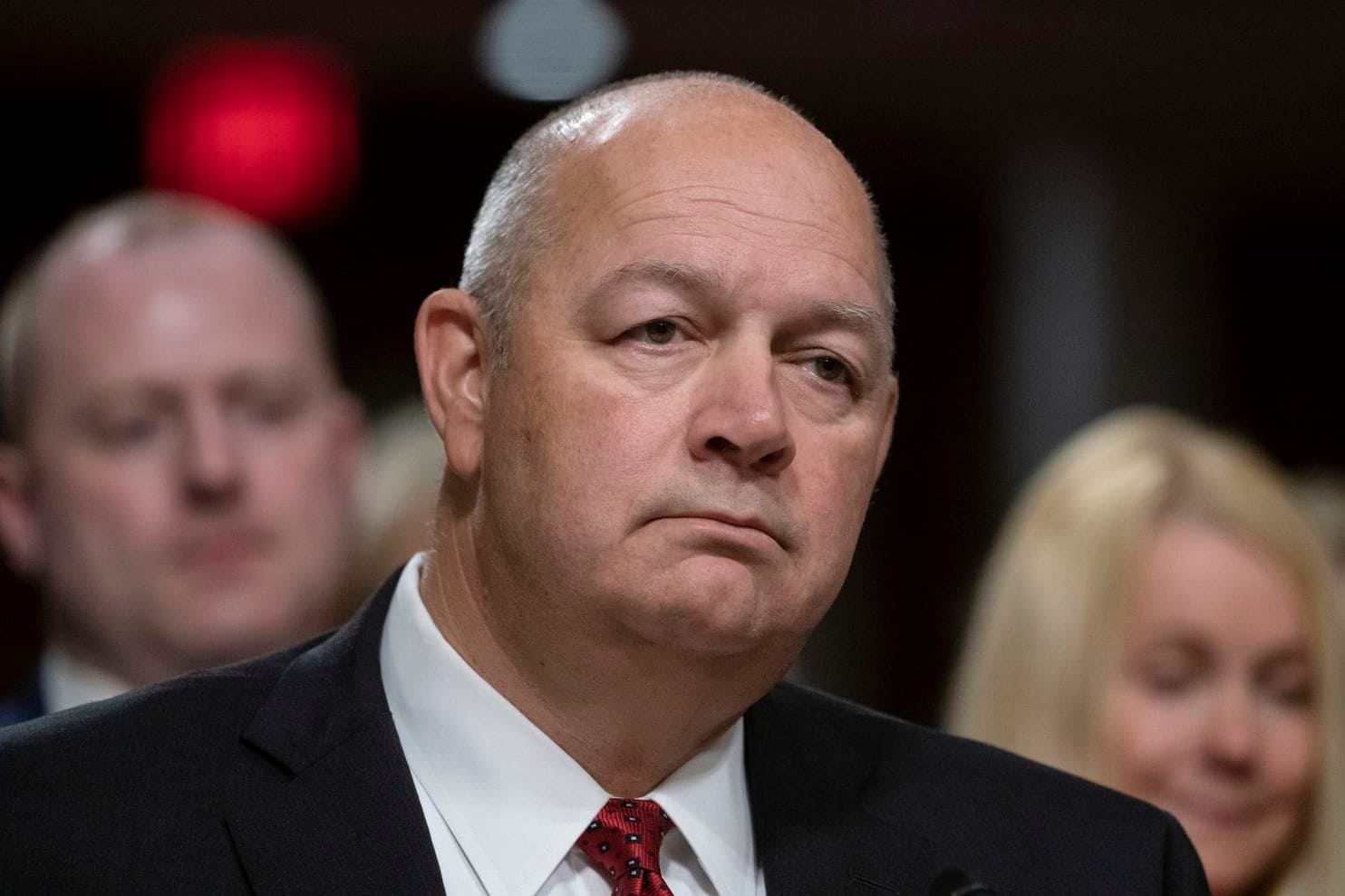
Federal Aviation Authority (FAA) administrator Stephen Dickson will be tasked with boosting the government body’s reputation after facing intense scrutiny from Congress, who are demanding stricter oversight into Boeing’s progress in fixing defects with its flagship plane.
Boeing faces a new set of troubles as the FAA’s newly-appointed administrator said that 737 MAX airplanes would not be allowed to fly unless he was fully sure that they were safe to fly again.
“This plane will not fly in commercial service again until I am completely assured that it is safe to do so,” FAA administrator Stephen Dickson said during swearing in ceremony on Monday.
“The FAA is not following any timeline for returning the aircraft to service,” he said.
Nick Calio, president and CEO of Airlines for America, said that he commended the US Senate’s confirmation, adding that Mr Dickson had the “vision, knowledge and experience” to lead the FAA at such a “crucial time”:
“I commend Captain Steve Dickson on his confirmation by the U.S. Senate to serve as Administrator of the FAA. He is uniquely qualified to serve, and has the vision, knowledge and experience to lead the FAA at this crucial time.”
Mr Dickson’s comments were made after the US Senate voted 52 to 40 to appoint Mr Dickson as the aviation watchdog’s administrator following the two tragic crashes involving the troubled aircraft, which killed 346 people in Indonesia and Ethiopia.
Mr Dickson’s swearing-in ceremony follows a damning report from the New York Times last weekend revealing the extent that US deregulation had led to overlooking faults found within the 737 MAX’s Manoeuvring Characteristics Augmentation System (MCAS) software, eventually causing the two fatal crashes.
The report also stated that Boeing had carried out its own assessments of the MCAS software rather than the FAA, as well as allowing two inexperienced engineers to “oversee Boeing’s early work on the system”, two people familiar with the matter told the NYT. The findings were published after the Senate Appropriations Committee had grilled FAA officials on 31 July.
Further concerns come as Mr Dickson, a former Delta Airlines executive, has come under fire for allegedly retaliating against Karlene Petitt, a Delta pilot that complained about the Boeing 737 MAX’s MCAS systems in 2015, WSJ reported in early July.
Boeing officials have also said it may reduce or halt production of 737 MAX planes if the company cannot fix the MCAS glitch by the end of the year, with the company’s President and CEO, Dennis Muilenburg, stating in a teleconference in late July that “we might need to consider possible further rate reductions, or other options including a temporary shutdown of the MAX production”.
Despite Boeing’s hopes to return the aircraft to the skies by 2020, the 737 MAX 8 remains grounded across the world until further notice, with Mr Dickson’s leadership role at the FAA playing a pivotal role in repairing damaged ties between the planemaker and global aviation authorities.


